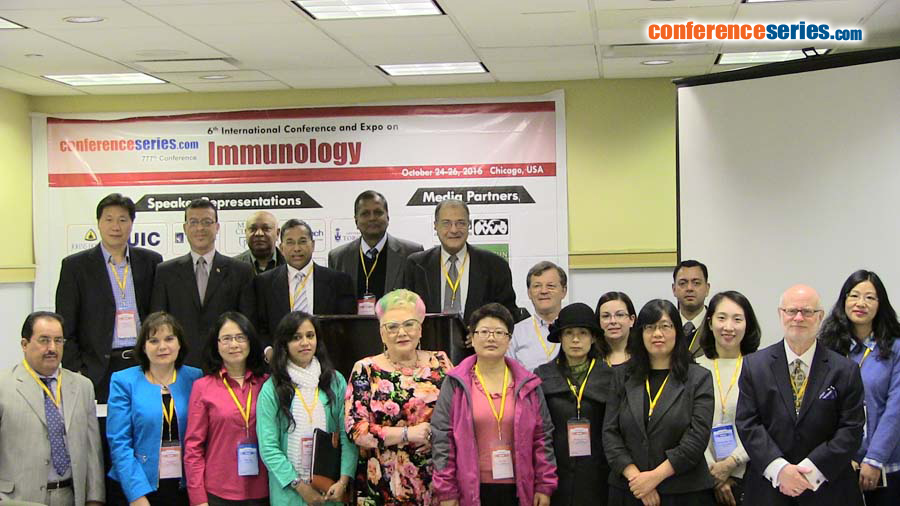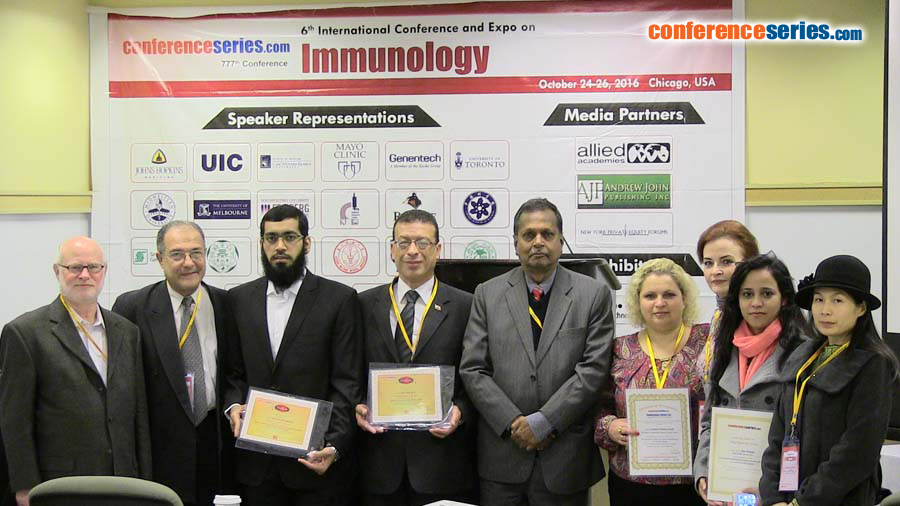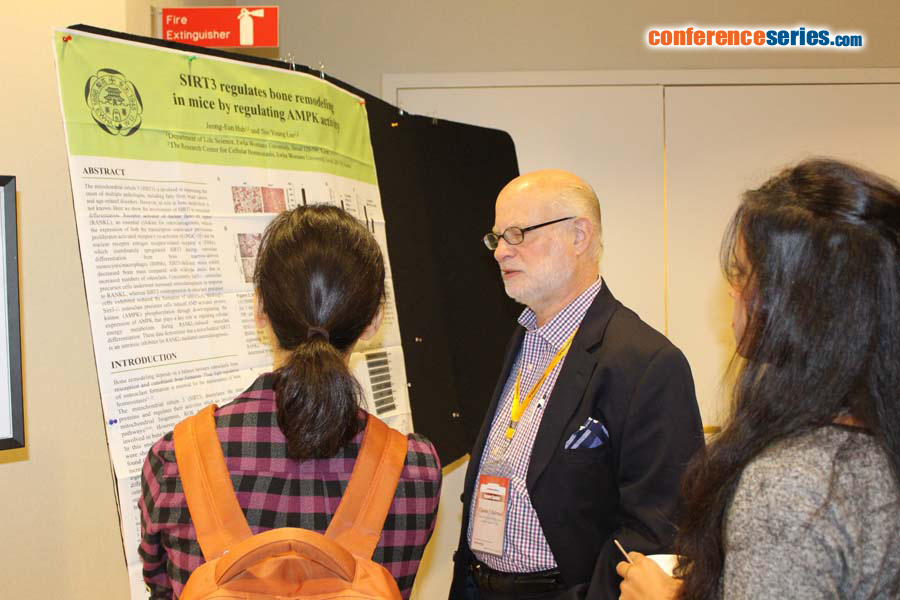
Deepak Shukla
University of Illinois at Chicago, USA
Title: Autophagy regulation and herpes simplex virus infection
Biography
Biography: Deepak Shukla
Abstract
Herpes simplex virus-1 (HSV-1) is a double-stranded DNA virus that causes life-long infections. HSV-1 infections may lead to herpetic stromal keratitis that may advance to corneal blindness. Similarly, genital infections by HSV-2 can result in painful sores and blisters. HSV-1/-2 infections can also cause fatal conditions, such as herpes encephalitis, meningitis or neonatal disease. A major defense mechanism of HSV infection is the control of autophagy, an innate immune defense strategy that would normally degrade the HSV virions. Here, to understand how autophagy controls HSV infection, we tested the effects of various autophagy inducers and inhibitors (physiological and pharmacological) on autophagy modulation in key HSV target cells and progression of infection. While a basal level of virus-controlled autophagy is needed for optimal infection, autophagy stimulation or suppression was confirmed to significantly inhibit HSV infection in various cell types without affecting cell viability. Similar findings were made using HSV corneal infection in mouse models. Our findings are of high significance especially since the cornea is an immune privileged tissue and intrinsic mediators of immunity are the key to controlling the infection. This study establishes the importance of autophagy for regulating HSV infection and provides a proof-of-principle evidence for a novel antiviral control mechanism.






